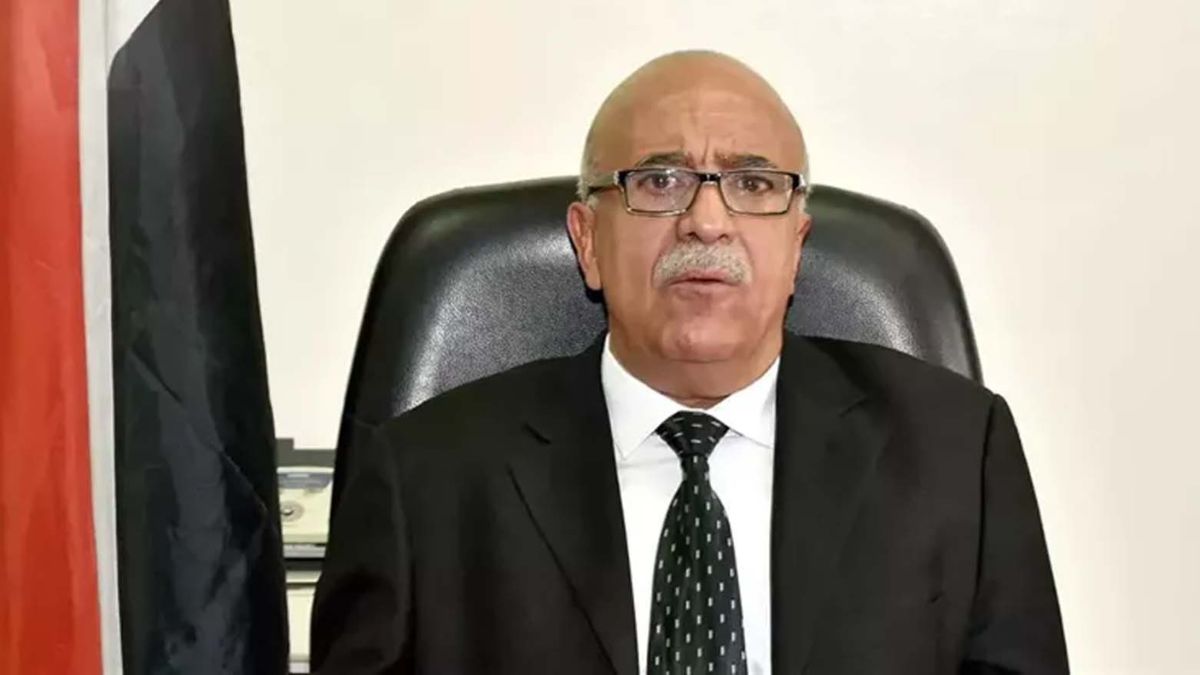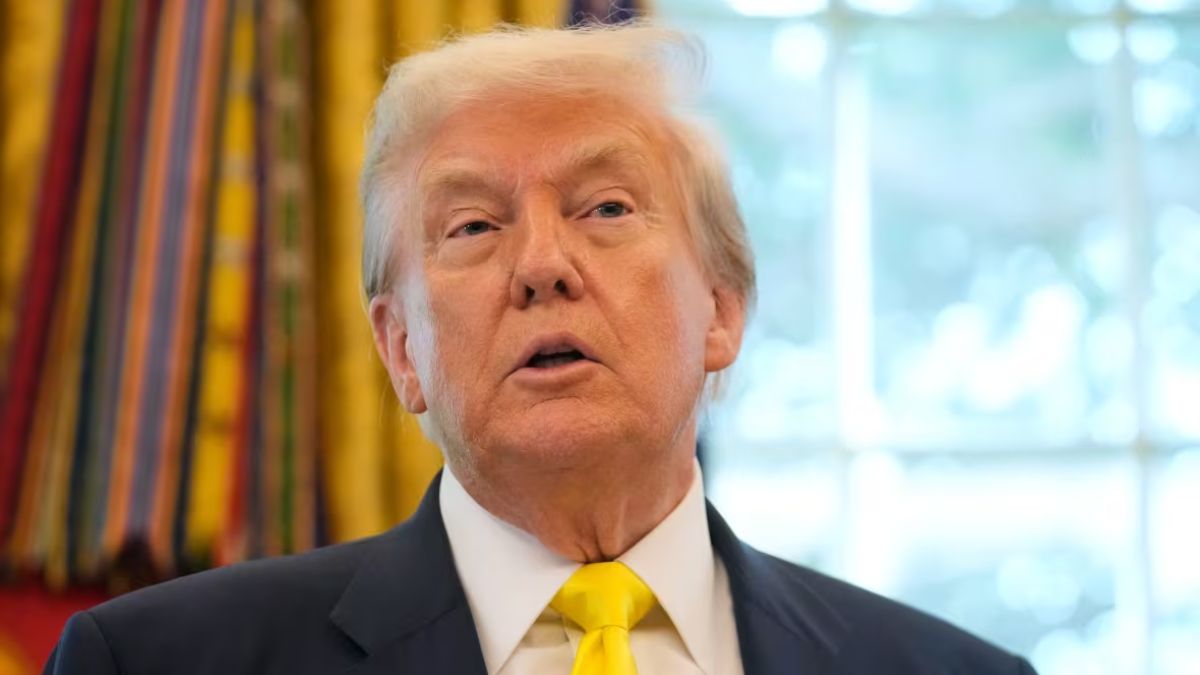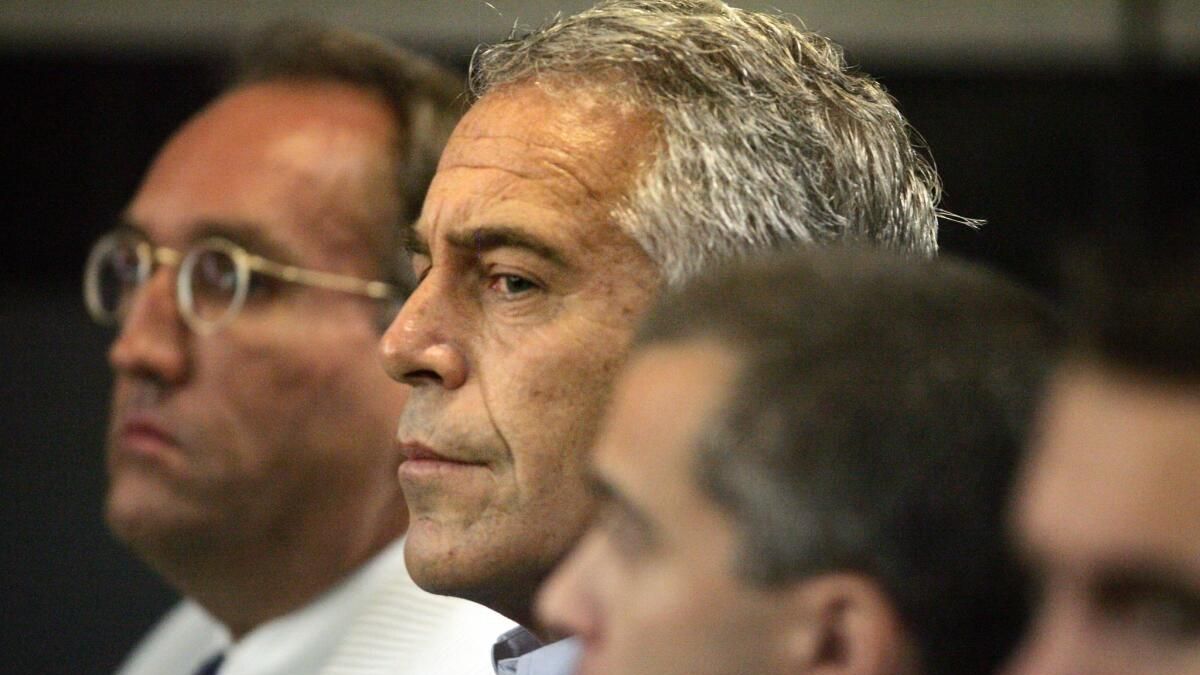Israel’s airstrike in Yemen’s capital, Sanaa, on August 30, 2025, killed Houthi Prime Minister Ahmed al-Rahawi and several senior cabinet members, drawing accusations of war crimes from critics and raising concerns over international law.
The strike hit a cabinet meeting attended by top Houthi officials, including the Defense Minister, effectively wiping out much of the group’s leadership. The Israel Defense Forces (IDF) said the attack was a direct response to Houthi missile launches against Israel and their disruption of Red Sea shipping.
While Israel framed the operation as a counterterrorism measure, legal experts and human rights groups argue that the deliberate targeting of a sitting head of government amounts to an unlawful assassination under international law.
Killing political leaders during wartime is widely considered a violation of the laws of armed conflict, particularly when the individual is acting in a civilian governmental role rather than as a combatant.
Analysts warn the strike could set a dangerous precedent. “This is not just a battlefield strike; it is the targeted killing of a political leader,” one Middle East specialist said. “That crosses into the territory of extrajudicial killing and war crime.”
The Houthis, backed by Iran, called the attack an “act of state terrorism” and vowed retaliation. Their leadership has long been on Israel’s radar due to ongoing missile and drone campaigns, but the killing of al-Rahawi marks an escalation into political decapitation strikes, raising fears of broader instability in Yemen and the region.
The incident also risks undermining diplomatic norms. International law prohibits the assassination of heads of state or government, and observers say global powers may now be forced to reassess how far Israel is willing to go in its confrontation with Iran-aligned groups.











